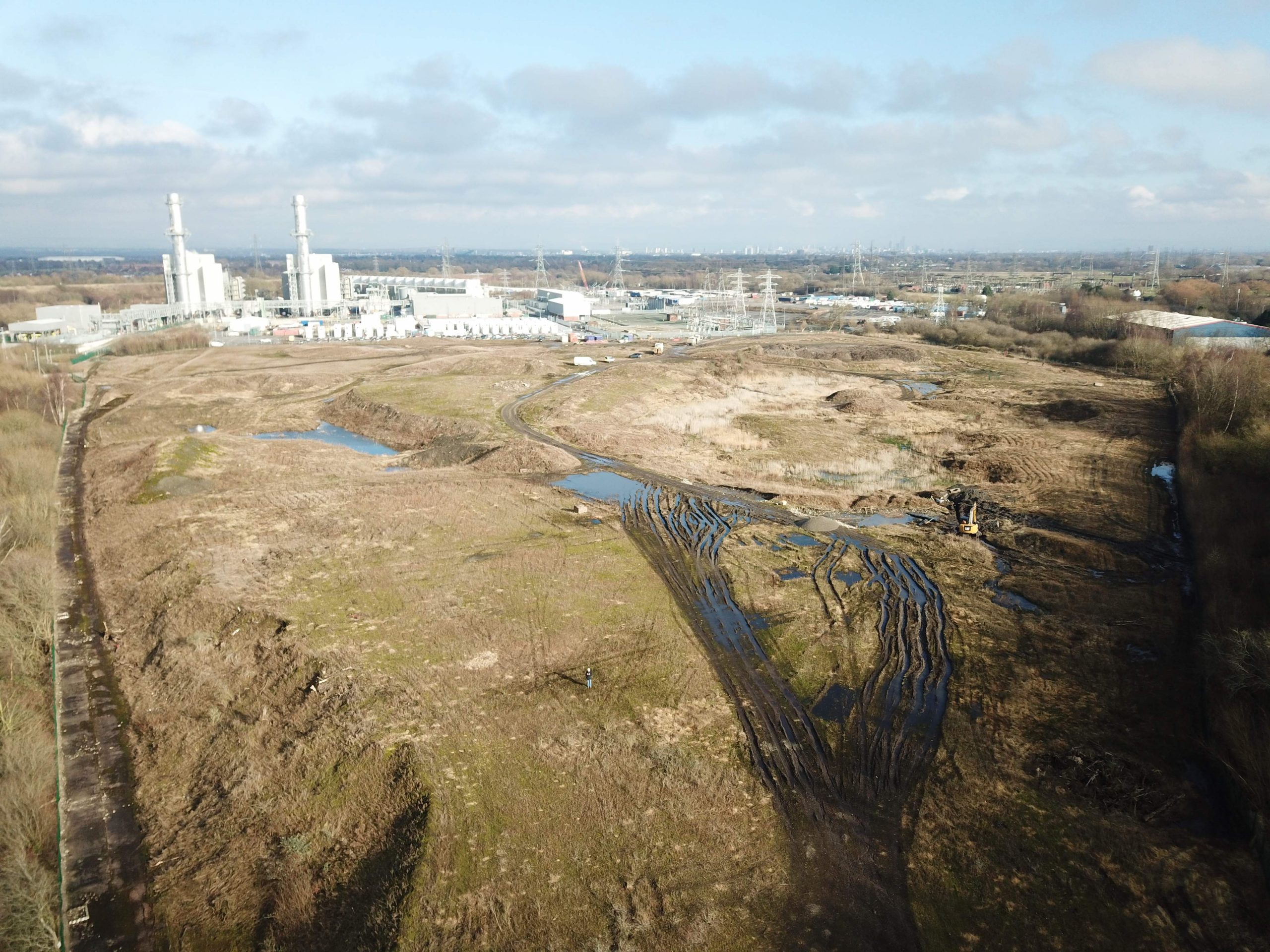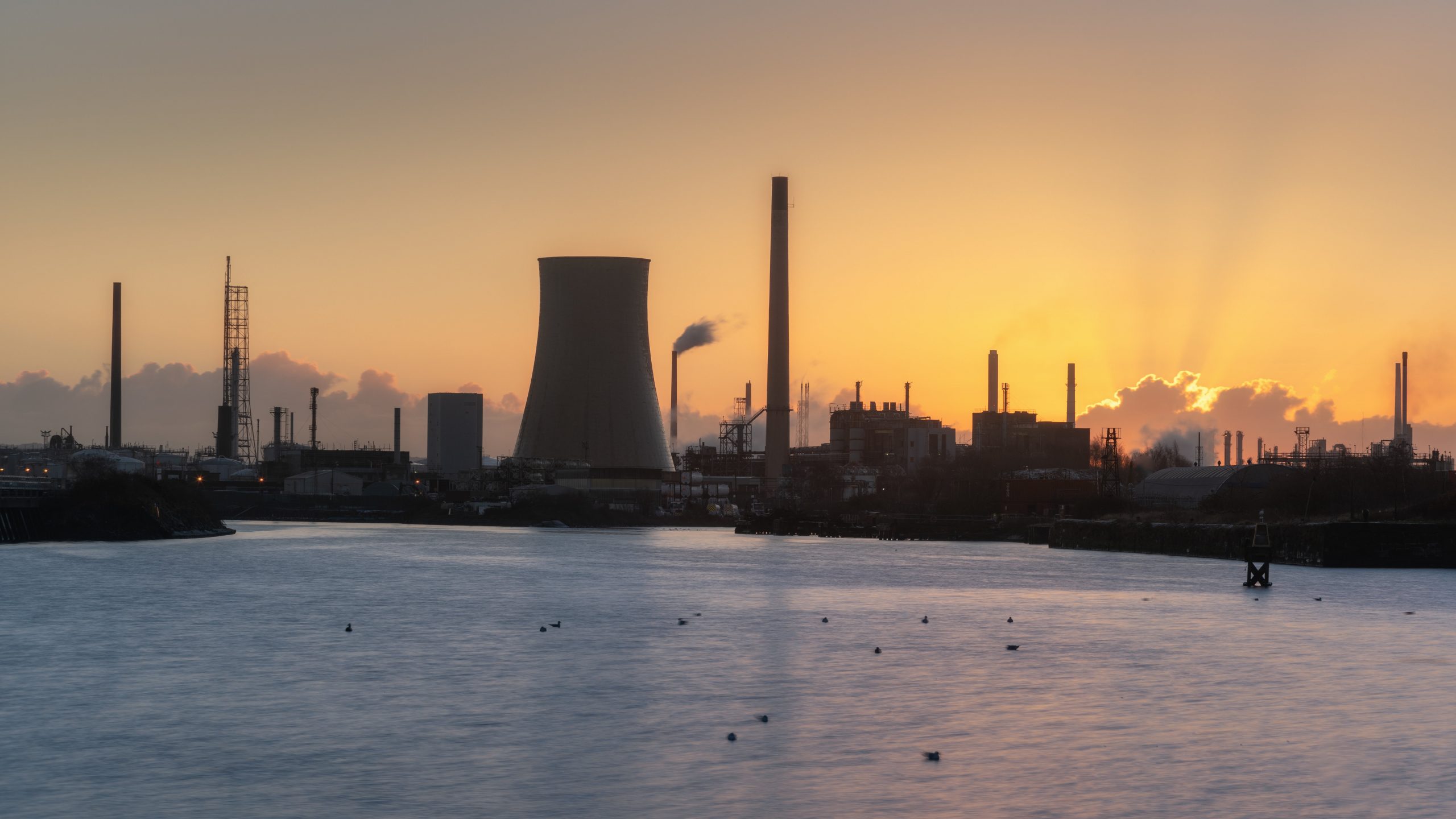Planning Permission Secured for Manchester’s First Hydrogen Fuel Hub

Carlton Power has secured planning permission for Greater Manchester’s first low-carbon fuel hub. Hydrogen Industry Leaders spoke to the energy infrastructure development company about the hub and how it is an important milestone in the development of the 200MW Trafford Green Hydrogen scheme.
First announced in March 2021, the £300 million scheme in Greater Manchester will be a catalyst for more low-carbon generation and greater security in the North West of the UK.
Trafford Green Hydrogen will boost investment in new energy infrastructure and job creation in the area, with the first phase of the scheme at 15-20MW likely to create around 200 construction jobs over two years.
With future phases to be constructed in response to the demand for hydrogen in the region, it is said that up to 10 full-time operational jobs will be created.
The Project Will Support Businesses Transition To Net Zero
Hydrogen Industry Leaders spoke to Eric Adams, Hydrogen Projects Director at Carlton Power about the Trafford Green Hydrogen scheme.

Eric Adams, Hydrogen Projects Director at Carlton Power
He began by expressing the importance of Manchester seeing its first hydrogen fuel hub, he said: “Trafford Green Hydrogen is ideally situated to provide local industry and transport operators with low-carbon hydrogen fuel.”
It will also stimulate investment in Greater Manchester’s energy infrastructure and accelerate its transition towards net zero.
Carlton Power is taking forward the project with the support and involvement of a local consortium, comprising Manchester Metropolitan University, Greater Manchester Combined Authority (GMCA), Trafford Council, Cadent Gas and Electricity North West.
Eric explained how the people of Greater Manchester and beyond will benefit from the hub: “The Trafford project will provide the first supply of low carbon hydrogen into Greater Manchester in 2025, enabling businesses to commence their transition to net zero sooner.
“In turn, as the project demonstrates the art of the possible, it will act as a leader to de-risk the hydrogen economy and enable more businesses to take advantage of low-carbon hydrogen. Its construction and operation will also help to create high-skilled jobs in the area.”
Currently, Carlton Power is examining other types of energy schemes to be situated within the Trafford Low Carbon Energy Park.
Seeing Further Investment In Renewable Energy Projects Is Necessary
Eric highlighted that hydrogen is key to the UK reaching our net zero targets and said that Trafford Green Hydrogen will supply cleaner energy to power industrial facilities in the Greater Manchester region, “enabling sectors that are difficult to decarbonise to move away from fossil fuels. It also has the potential to supply hydrogen for transport operators (HGVs and buses).”
It will help Greater Manchester, and the UK, achieve its net zero targets by enabling industrial off-takers to transition away from natural gas and stimulating further investment in renewable energy projects, thereby supporting the greening of the electricity grid.
Going forward, Eric revealed that “Working with our local partners, our focus now turns towards securing the UK Government’s support to this project and our proposed green hydrogen schemes at Barrow-in-Furness in Cumbria and Langage in the South West of England.”
Future Hydrogen Hubs Will Help To Integrate Hydrogen On A Regional Scale
The proposed hydrogen hub facilities at Trafford Park, Barrow and Langage will produce and store hydrogen at scale and help integrate renewable energy on a regional scale by storing solar and wind power.
If built, Trafford Green Hydrogen will be located next to one of Europe’s largest energy storage facilities based on liquid air storage – the 250MWh Carlton Highview Power project (announced in June 2020), and potentially other forms of low carbon energy infrastructure.
Carlton Power has now submitted its bid to BEIS to receive UK Government funding support to build Trafford and its other projects at Barrow-in-Furness in Cumbria and Langage in Devon.
Over the next two to three months, BEIS will consider the various bids it has received from across the country – it’s expected that BEIS will announce its shortlist of projects early in the new year.

